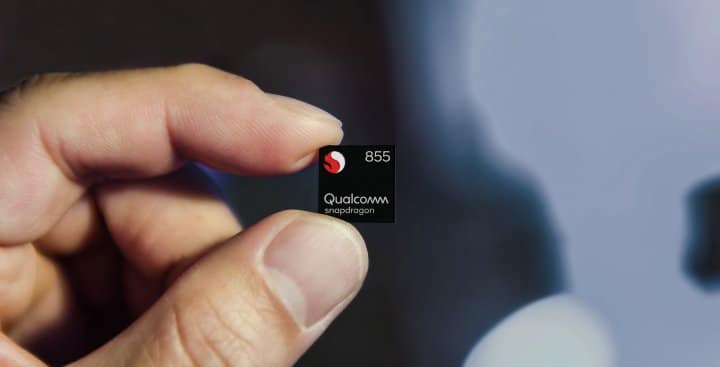The processor is the heart of your computer. It determines how many tasks your PC can run at the same time, and how fast it can run them. Whether you're looking for a new computer or upgrading yours, choosing the right processor is essential.
Introduction
As you know, processors are one of the most important components of a computer. They are responsible for executing software instructions and for mathematical calculations.
There are several types of processors, each with its own characteristics and technical specifications. With so many options available on the market, it can be difficult to know which one is best for your computer.
In this article, we'll compare the main types of processors to help you choose the best one for your PC.
Intel Core processors are the most popular for office computers and laptops. They are known to be reliable and deliver consistent performance. The Intel Core i7 line of processors is especially popular with gamers and power users as it offers exceptional performance.
AMD Ryzen processors are also popular, especially among users looking for exceptional performance. The AMD Ryzen 7 line of processors is especially popular, as it offers comparable performance to Intel Core i7 processors, but generally costs less.
ARM processors are the most popular for mobile devices such as smartphones and tablets. They consume less power and are generally less expensive than other processor types. However, they are not as powerful as other processor types and are generally not compatible with the same types of software.
ARM CPUs are the most popular processors for mobile devices such as smartphones and tablets. They consume less power and are generally less expensive than other processor types. However, they are not as powerful as other processor types and are generally not compatible with the same types of software.
Intel Atom processors are most popular for portable devices such as netbooks and ultralight laptops. They offer good performance for their size and weight, but are generally not as powerful as other processor types.
What is a processor?
The processor is the main component of a computer. It executes software instructions and manipulates data stored in the system. A modern processor can complete billions of operations per second.
What is the best processor for me?
Many users are in doubt about which processor is best for their computers. This is normal, after all, there are several models and brands on the market. Generally, choosing the ideal processor will depend on your type of use: games, video editing or just browsing the internet?
For those who want good performance in games, the ideal is to invest in a processor with the following characteristics: highest possible clock, greater number of cores and hyper-threading. As for video editing, the tip is to bet on a processor that offers a lower clock rate and consumes less energy. And, finally, for those just looking for a good internet browsing experience, any processor will do.
Based on your needs, you can choose from the main processor models available on the market: Intel Core i3, Intel Core i5 and Intel Core i7.
types of processors
The most common processors are the x86 microarchitecture, which are present in personal computers and servers. AMD and Intel produce CPUs for this architecture. In addition to these, there are others such as RISC, CISC and EPIC.
The RISC (Reduced Instruction Set Computer) is a type of processor that has a reduced set of instructions, which simplifies its manufacture. The CISC (Complex Instruction Set Computer) has a complex set of instructions, which makes its development more expensive.
EPIC (Explicitly Parallel Instruction Computing) is an evolution of CISC, where instructions are explicitly executed in parallel. This architecture was created by Intel and allows better use of processor resources.
Technical specifications of processors
Computer processors fall into four main categories: ultraportables, portables, desktops, and servers. Each of these processor types is designed to meet the specific needs of its respective target market.
The main differences between the four types of processors are size, performance, and energy efficiency. Ultraportable processors are the smallest and lightest of the four types, while desktop processors are the largest and most powerful. Portable processors are somewhere in the middle, offering a good balance between size, performance and energy efficiency.
Servers often use the most powerful processors available as they have to handle a large amount of data. However, most home users don't need a processor that powerful, so energy efficiency is an important factor to consider.
Final considerations
Processors are an important component of any computer. There are many different types and models of processors on the market, so it's important to know which one is best for your use. If you need a processor for gaming or video editing, for example, you'll have to invest in a more powerful model. If you only use the computer for basic tasks, such as surfing the internet and watching movies, a less powerful processor may be the best choice.
After all, did you like to know more about it? Let us know in the comments and don't forget to share with your friends and family.
Want to know more about it? Enter our blog and find more information!


